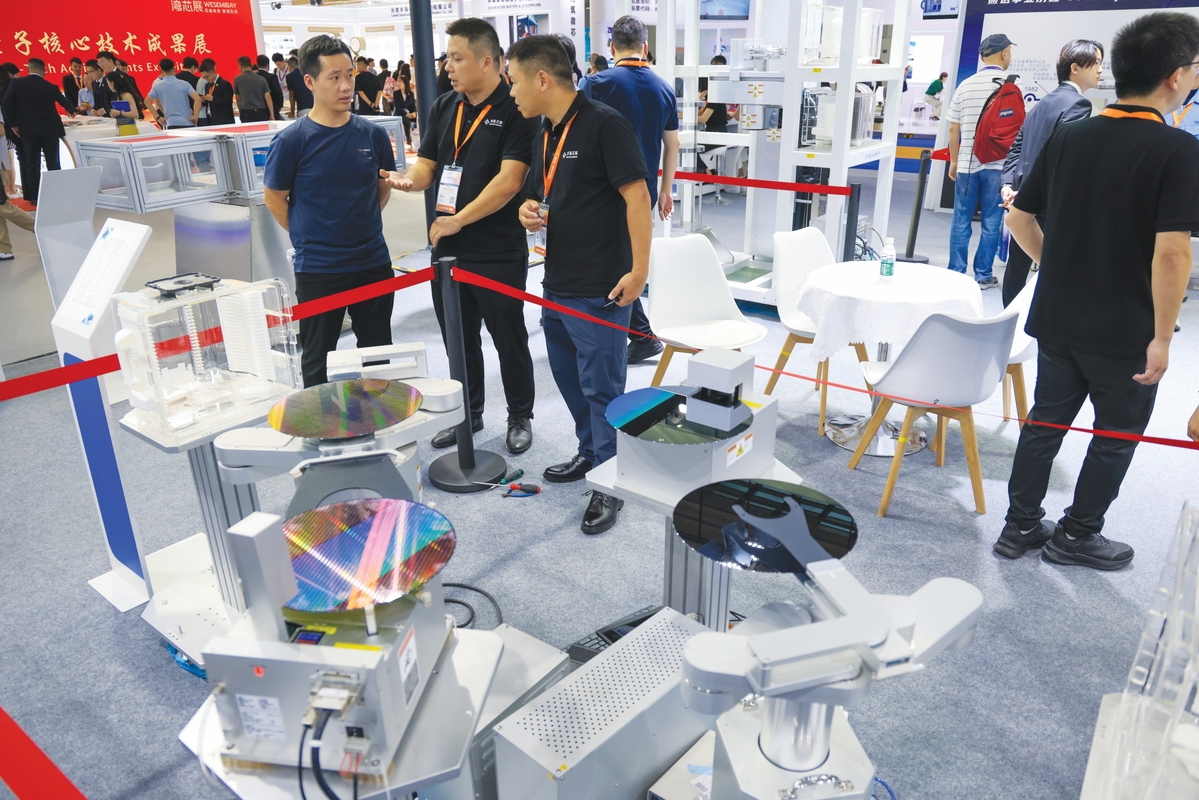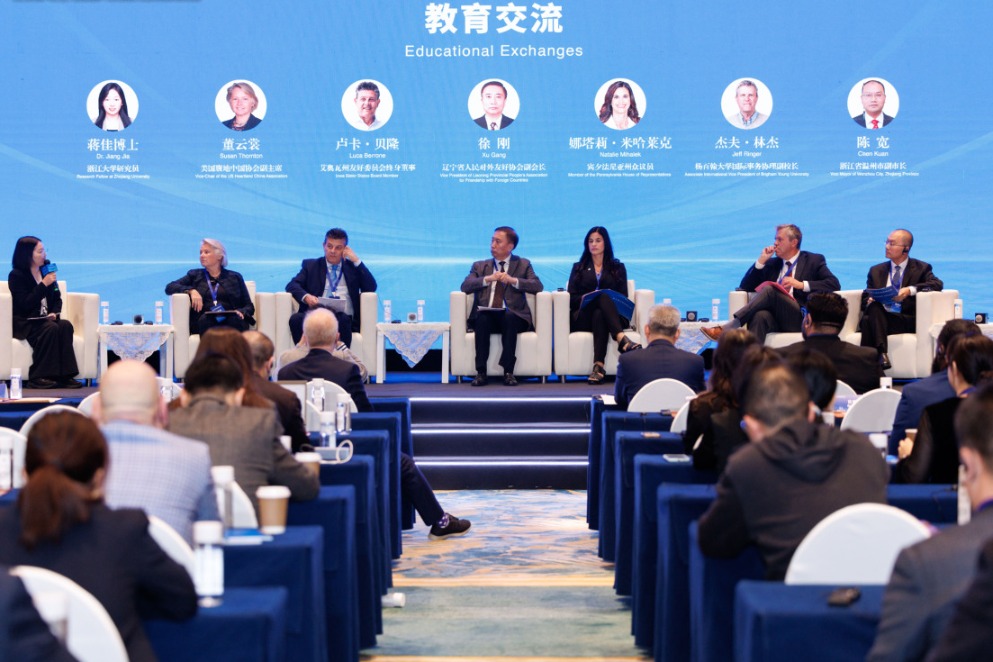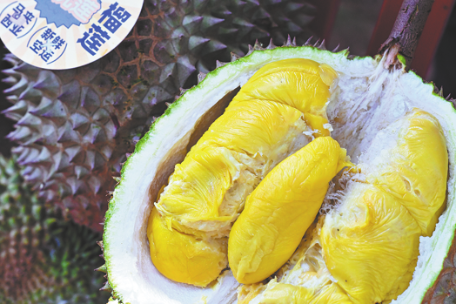Nexperia case risks damaging everyone's interests
Takeover to avoid theft of outdated chip technology "ridiculous" and risks breaking laws and bilateral relations, Zhang Zhouxiang reports in Brussels.


Old tech not worth stealing
One of the concerns of the Netherlands government is that Nexperia's technologies are being transferred to, or "stolen by", Chinese companies via Wingtech, which, according to experts, is a "ridiculous" suggestion.
"Nexperia's technologies, at least in the chips sector, are not advanced," said Chen Jing, a chip industry analyst at thinktank Fengyun Institute, who explained that Nexperia mainly produces foundational chips for automotive electronic systems, namely lighting, airbags, door locks, and windows that are far from cutting-edge, as evidenced by some of their products being made at the 350 nm process nodes.
"The chips used for cars might follow a different standard from others, but 350 nm is not a very difficult problem for Chinese mainland chipmakers. So, why trouble stealing them?" Chen said.
In Chen's view, Nexperia's market share, as high as 40 percent in Europe in certain sectors, owes less to proprietary advanced technology than to economies of scale, after the enterprise was acquired by a Chinese company that was able to lower its costs.
Echoing this, industry site Eepower reported that "with further reach into the Chinese market and expanded capacity to meet new demand, Nexperia surpassed $1 billion in sales in 2018".
In a statement on Oct 13, Wingtech reported that Nexperia's gross margin rose from 25 percent in 2020 to 42.4 percent in 2022, and that by October 2024 it had cleared all pre-existing debt, achieving zero debt.
German media outlet Handelsblatt quoted Volkswagen's brand-production executive Christian Vollmer as saying: "We have an alternative supplier who could compensate for the delivery shortfall of Nexperia semiconductors."
But that only underscores the risk — such alternatives may exist, but switching is costly and time-consuming for automotive supply chains.

































